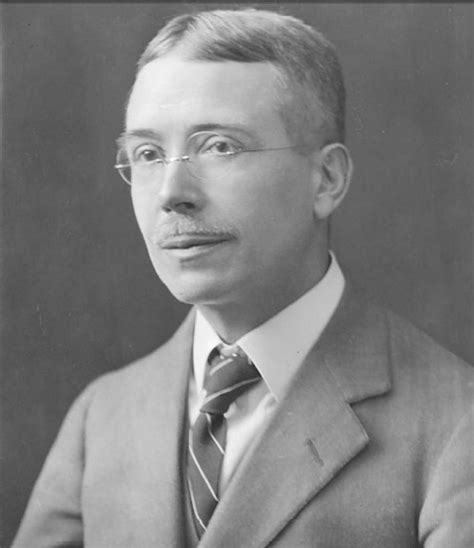A Quote by Ambrose Bierce
ELEGY, n. A composition in verse, in which, without employing any of the methods of humor, the writer aims to produce in the reader's mind the dampest kind of dejection.
Related Quotes
We must be forewarned that only rarely does a text easily lend itself to the reader's curiosity... the reading of a text is a transaction between the reader and the text, which mediates the encounter between the reader and writer. It is a composition between the reader and the writer in which the reader "rewrites" the text making a determined effort not to betray the author's spirit.
Every reader, as he reads, is actually the reader of himself. The writer's work is only a kind of optical instrument he provides the reader so he can discern what he might never have seen in himself without this book. The reader's recognition in himself of what the book says is the proof of the book's truth.
While the body is young and fine, the soul blunders, but as the body grows old it attains its highest power. Again, every good soul uses mind; but no body can produce mind: for how should that which is without mind produce mind? Again, while the soul uses the body as an instrument, it is not in it; just as the engineer is not in his engines (although many engines move without being touched by any one).
Just understand, don`t choose - don`t choose even choicelessness. Simply understand the whole situation: that whatsoever you choose, whatsoever you do, will come out of the calculating mind. It cannot be the real thing. Your mind can only produce dreams, it cannot produce the truth. Truth cannot be produced, nobody can produce it. It is there; it has to be seen. Nothing has to be done, just a look is needed - a look without any prejudice, a look without any choice, a look without any distinctions.
This book is intended for use in English courses in which the practice of composition is combined with the study of literature. It aims to give in a brief space the principal requirements of plain English style. It aims to lighten the task of instructor and student by concentrating attention (in Chapters II and III) on a few essentials, the rules of usage and principles of composition most commonly violated. The numbers of the sections may be used as references in correcting manuscript.
I say, of the Congress, then, this - that its aims are mistaken, that the spirit in which it proceeds towards their accomplishment is not a spirit of sincerity and whole-heartedness, and that the methods it has chosen are not the right methods, and the leaders in whom it trusts, not the right sort of men to be leaders; - in brief, that we are at present the blind led, if not by the blind, at any rate by the one-eyed.
Composition is a process of combination, in which thought puts together complementary truths, and talent fuses into harmony the most contrary qualities of style. So that there is no composition without effort, without pain even, as in all bringing forth. The reward is the giving birth to something living--something, that is to say, which, by a kind of magic, makes a living unity out of such opposed attributes as orderliness and spontaneity, thought and imagination, solidity and charm.
It is only the basest writer who cannot speak of the sea without talking of "raging waves," "remorseless floods," "ravenous billows," etc.; and it is one of the signs of the highest power in a writer to check all such habits of thought, and to keep his eyes fixed firmly on the pure fact , out of which if any feeling comes to him or his reader, he knows it must be a true one.































